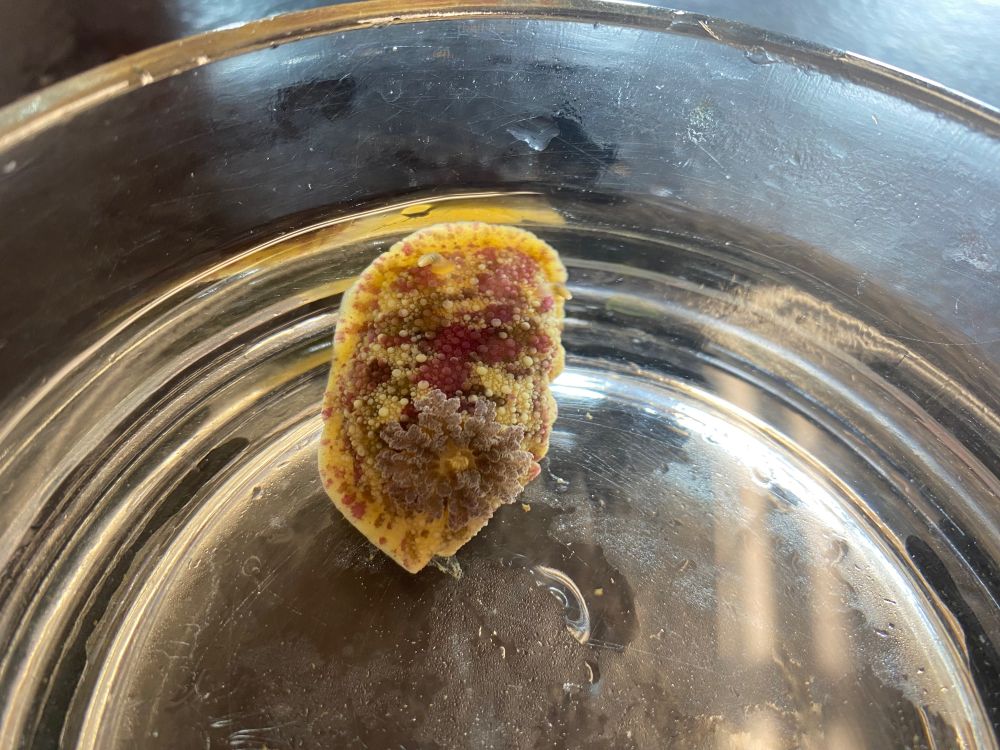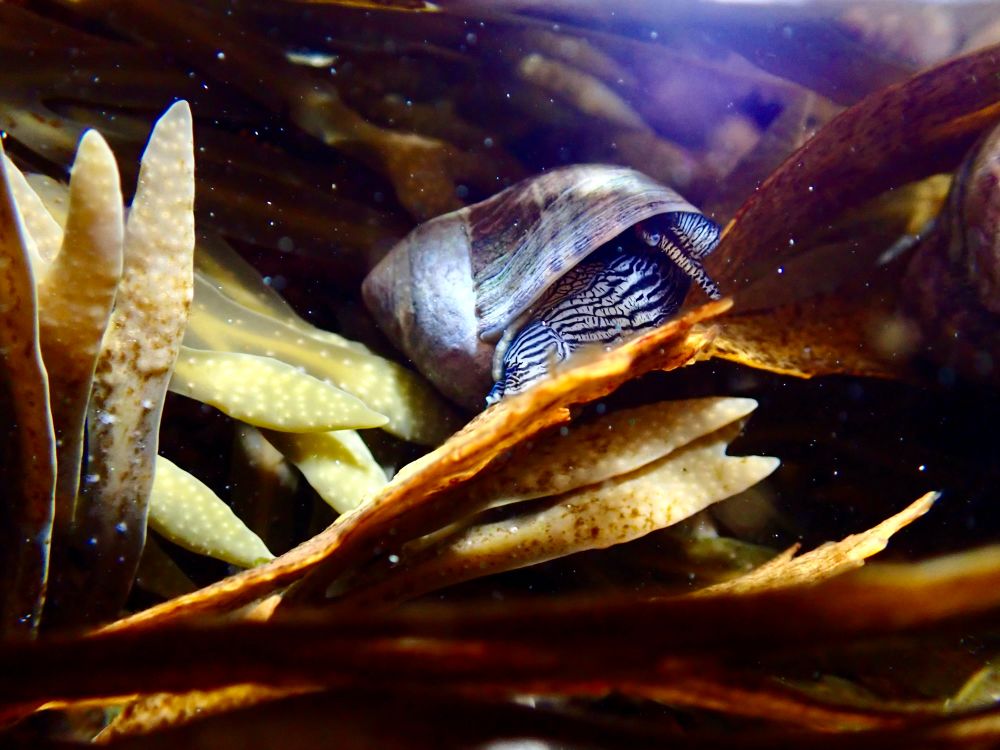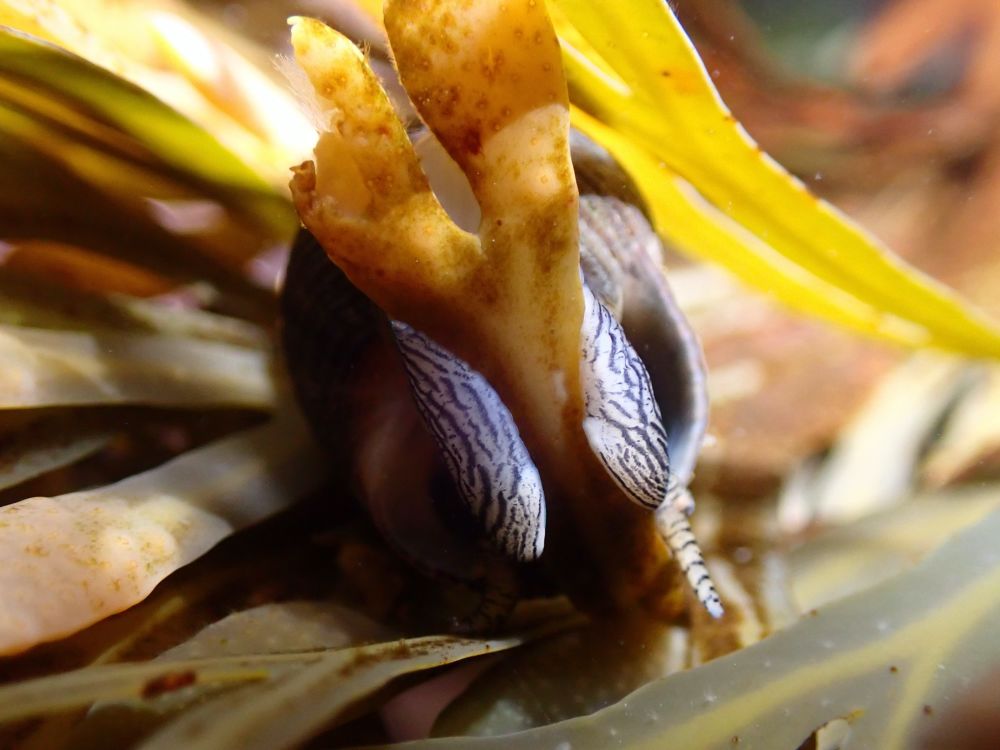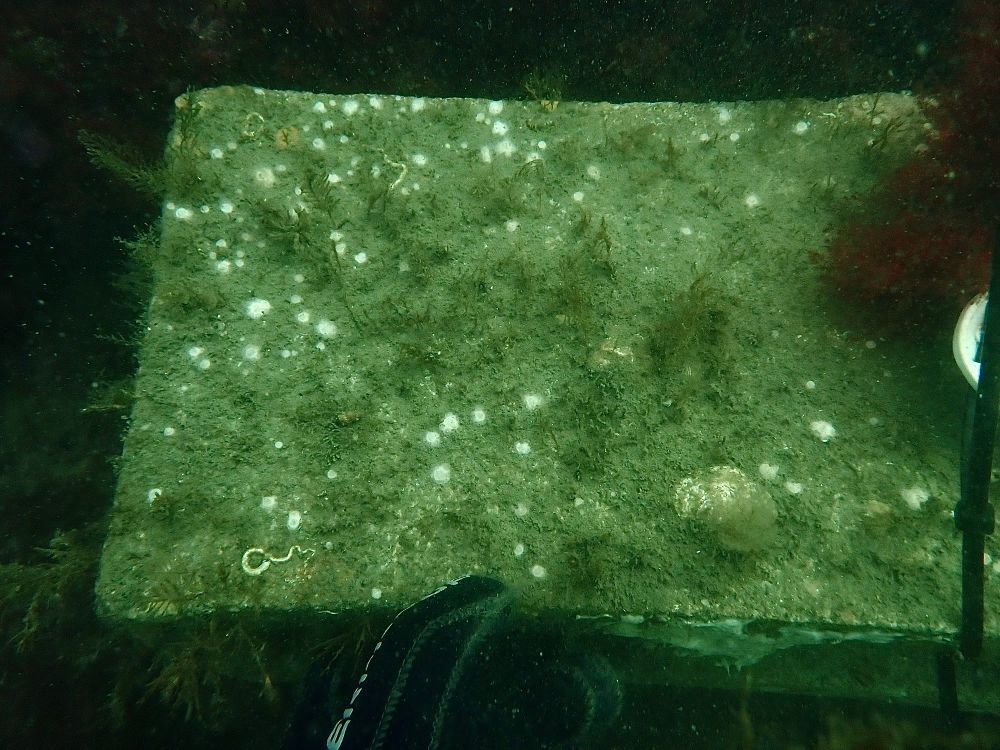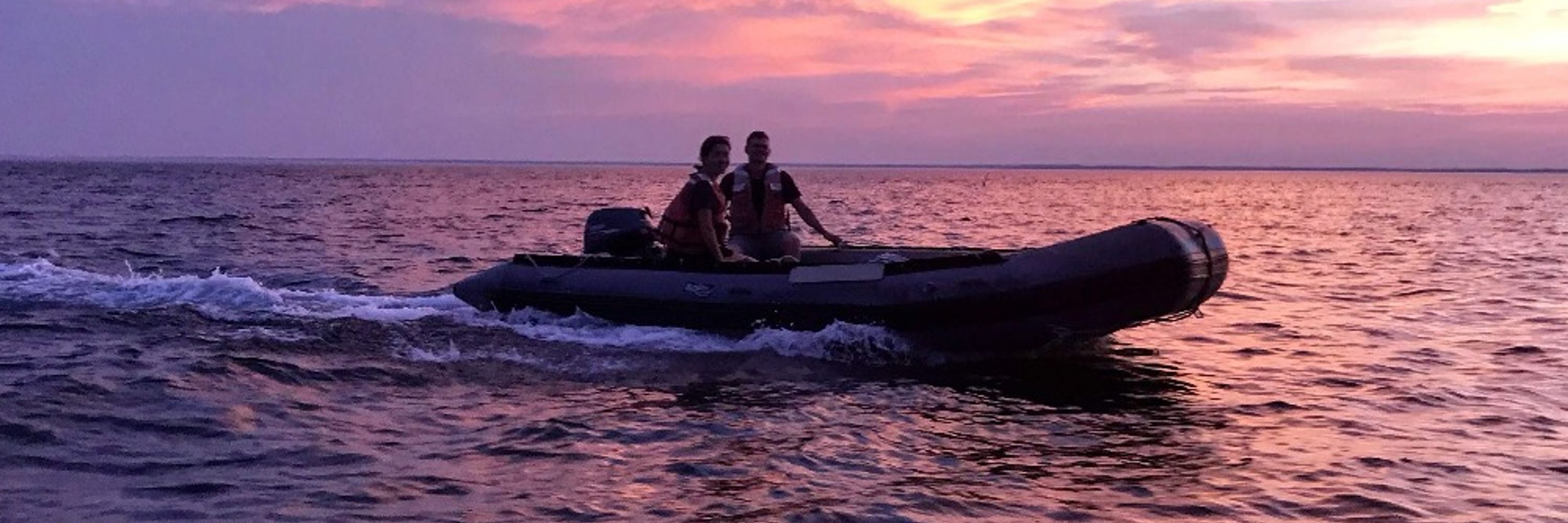
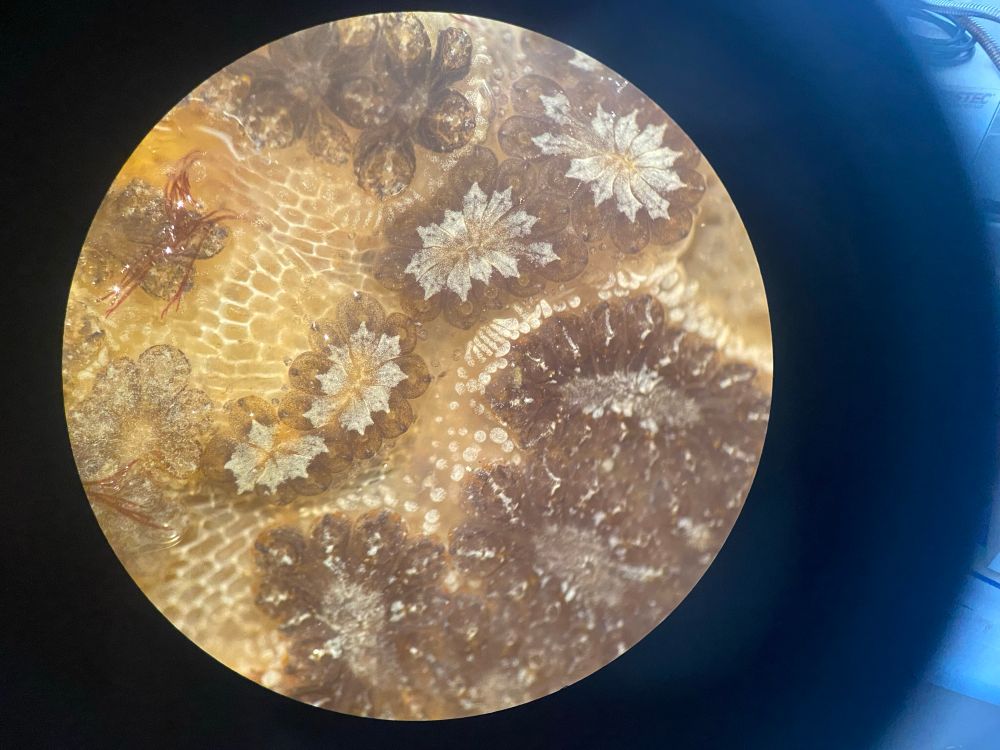


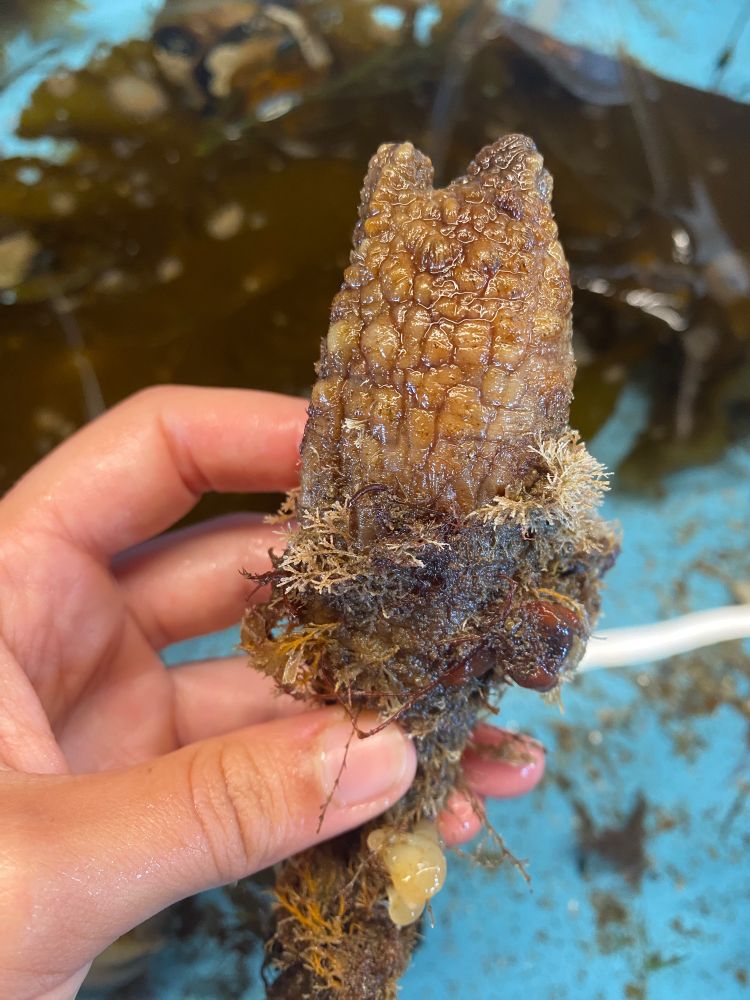
This week’s pinchy pals are among the most diverse and most abundant group of organisms in the world! There are upwards of 70,000 species of crustaceans ranging from microscopic copepods to deep sea crabs to tropical shrimps to intertidal barnacles!




This week’s pinchy pals are among the most diverse and most abundant group of organisms in the world! There are upwards of 70,000 species of crustaceans ranging from microscopic copepods to deep sea crabs to tropical shrimps to intertidal barnacles!
These small colonial organisms are usually found encrusting rocks or blending in with algae. However, many of the species found in New England are invasive, and have become a concern for intertidal and subtidal ecosystems as they encrust and out-compete native species.




These small colonial organisms are usually found encrusting rocks or blending in with algae. However, many of the species found in New England are invasive, and have become a concern for intertidal and subtidal ecosystems as they encrust and out-compete native species.
This week I started my Postdoc at Tufts University in the Rotjan Lab! Our research will explore the energetic trade-offs of facultative symbiosis in temperate corals up and down the Atlantic coast!

This week I started my Postdoc at Tufts University in the Rotjan Lab! Our research will explore the energetic trade-offs of facultative symbiosis in temperate corals up and down the Atlantic coast!
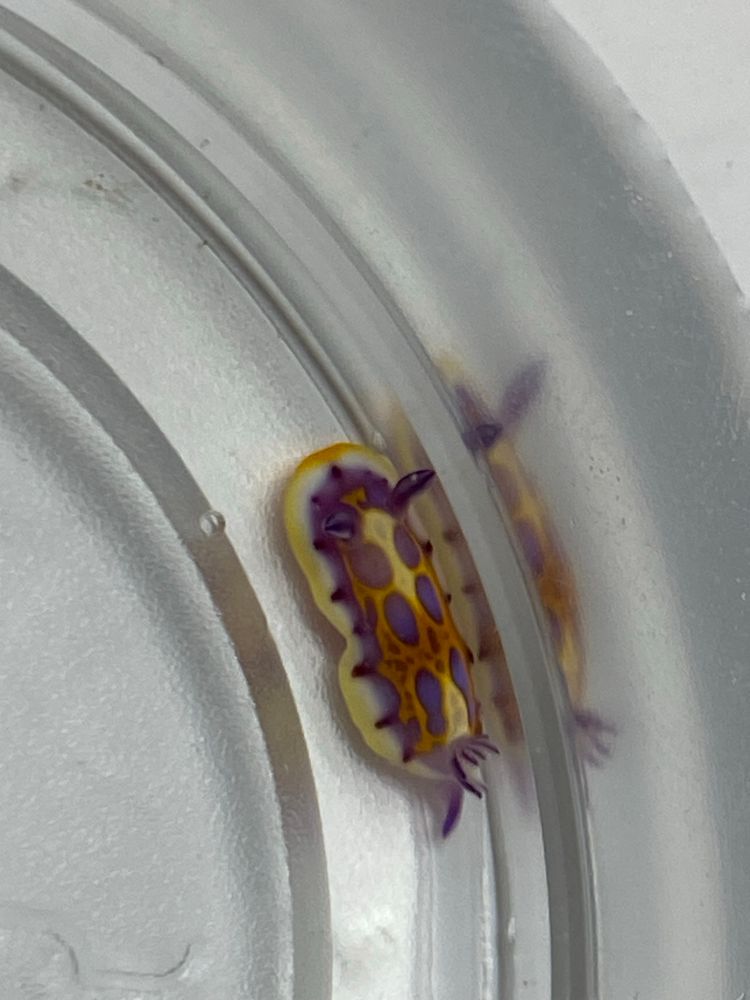
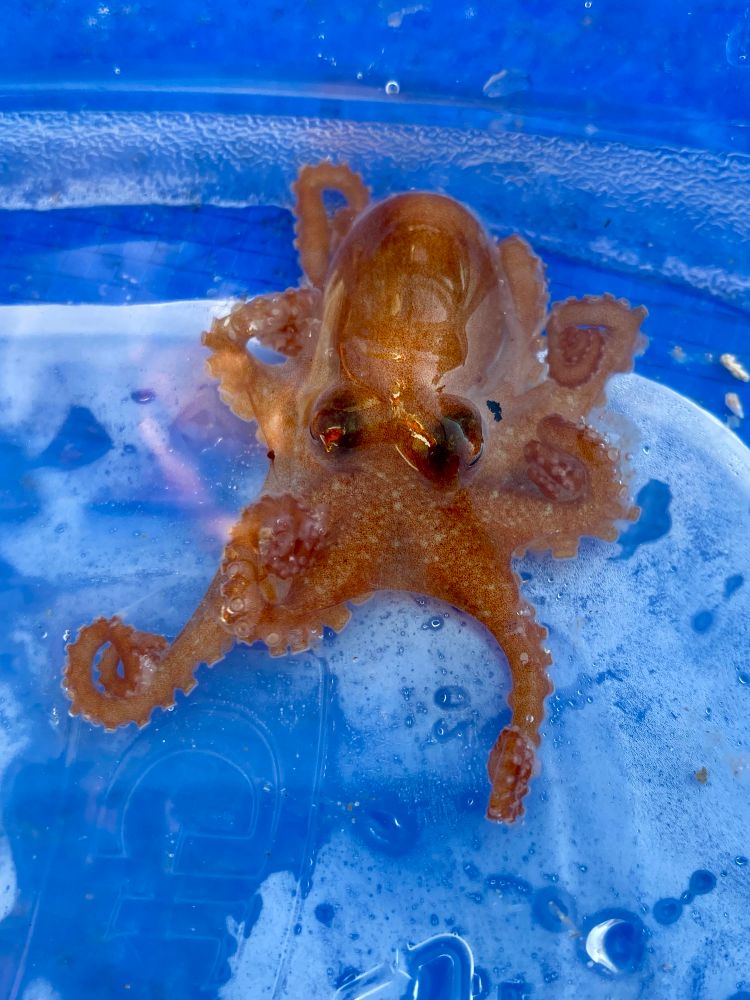


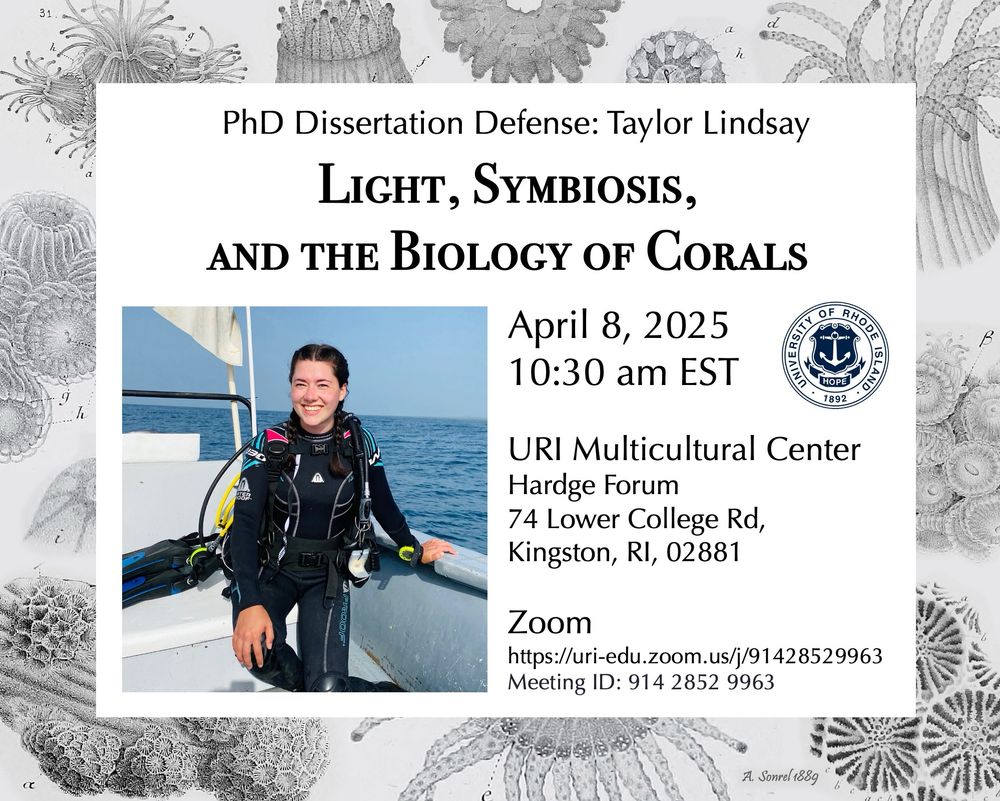
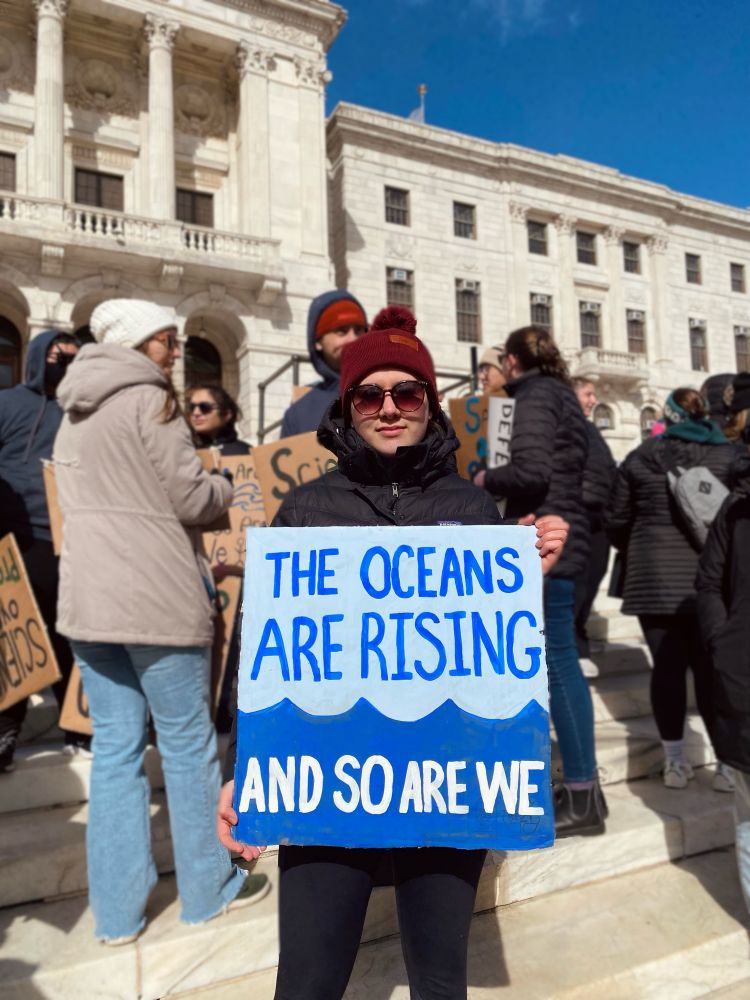



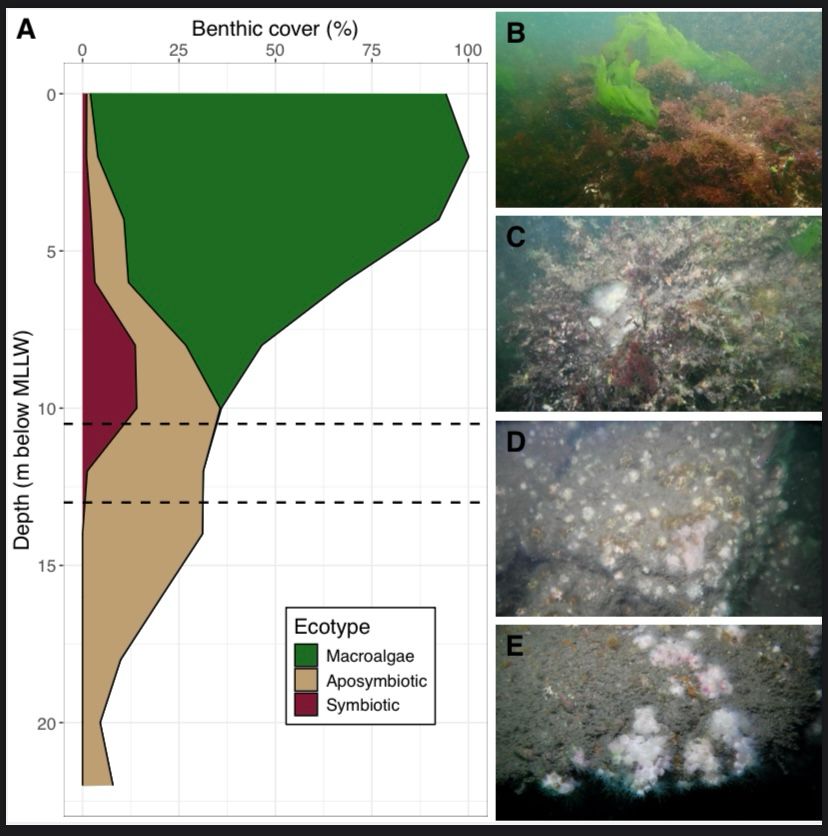
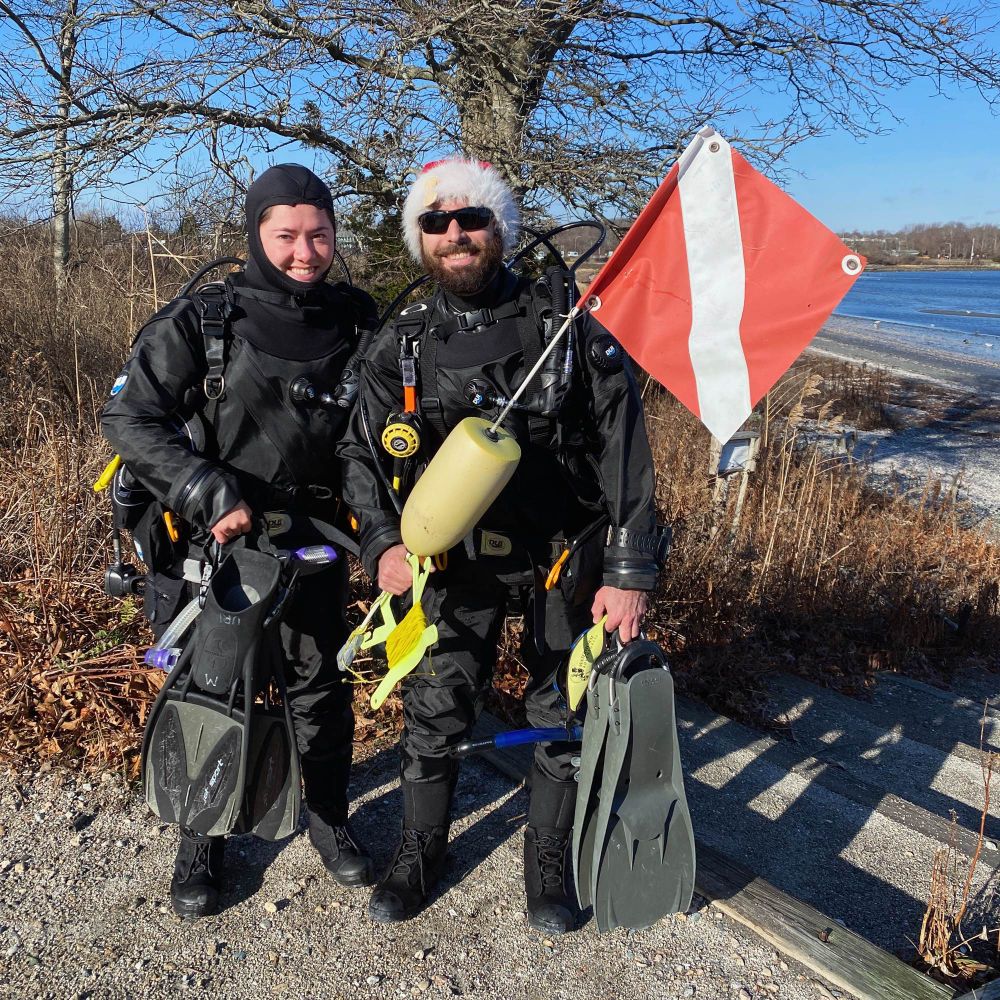
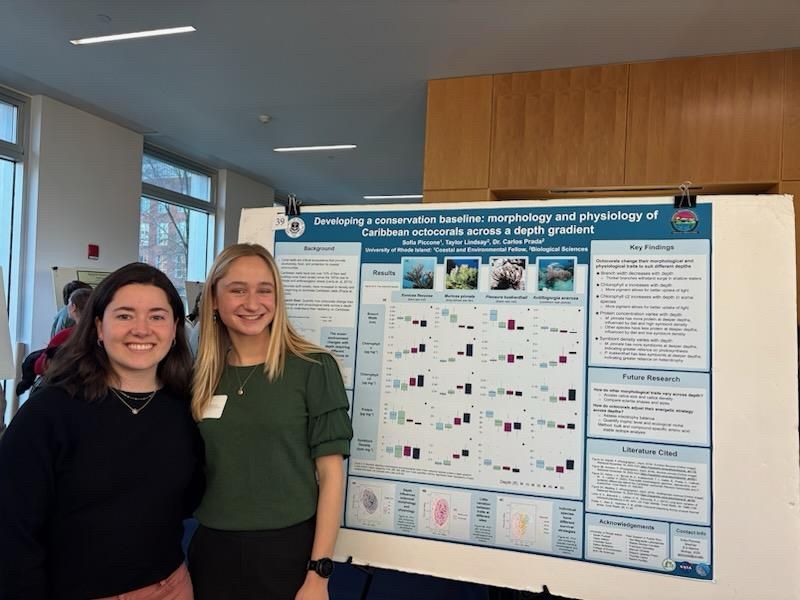
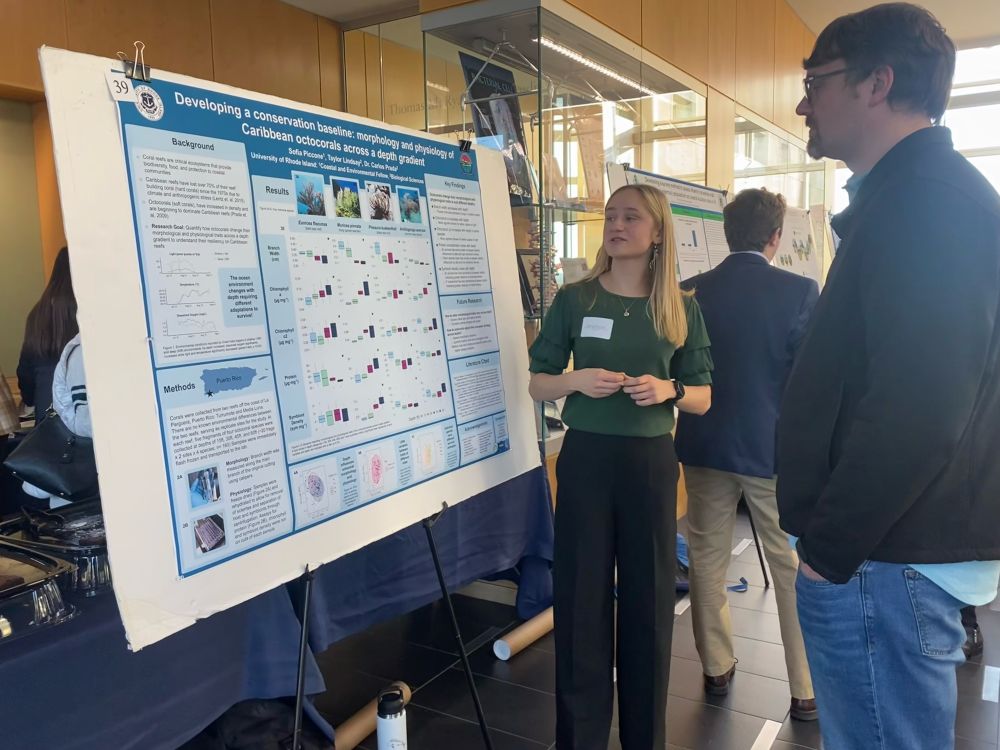

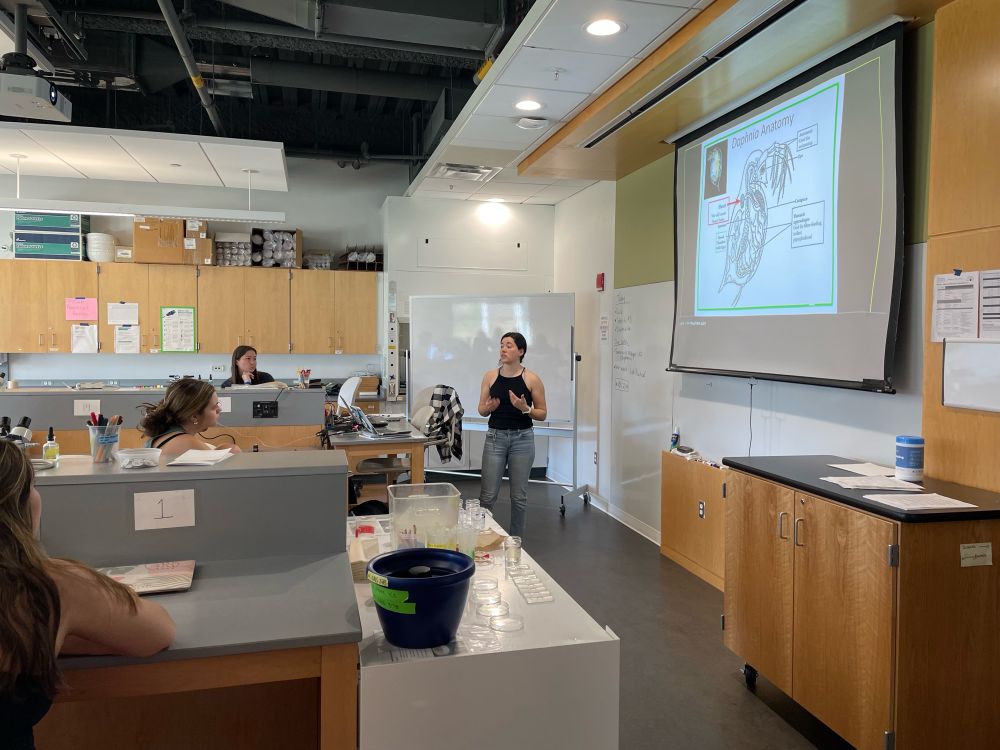

In Intro to Marine Biology (my first time teaching) I learned not only how to organize and facilitate effective field trips, but how to motivate students in challenging environments. Field work can be uncomfortable and grueling, so fostering positivity and teamwork is critical in young scientists!

In Intro to Marine Biology (my first time teaching) I learned not only how to organize and facilitate effective field trips, but how to motivate students in challenging environments. Field work can be uncomfortable and grueling, so fostering positivity and teamwork is critical in young scientists!


